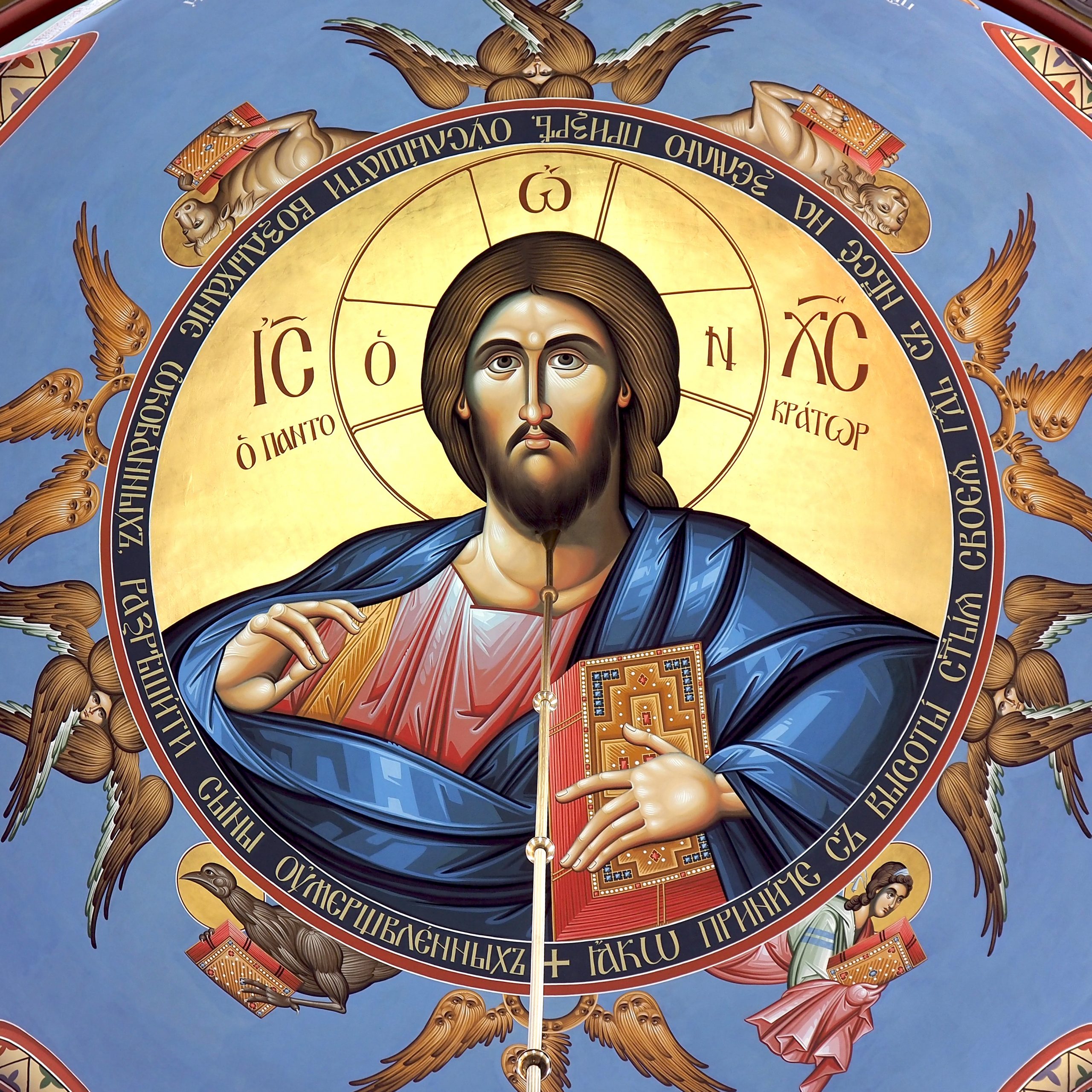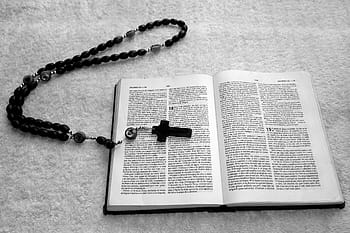To keep me from being too elated by the abundance of revelations, a thorn was given me in the flesh, a messenger of Satan, to harass me, to keep me from being too elated. Three times I besought the Lord about this, that it should leave me; but He said to me, “My grace is sufficient for you, for My power is made perfect in weakness.” I will all the more gladly boast of my weaknesses, that the power of Christ may rest upon me. For the sake of Christ, then, I am content with weaknesses, insults, hardships, persecutions, and calamities; for when I am weak, then I am strong. II Corinthians 12: 7-10
One of my favorite spiritual stories is about a monk at a monastery who asked his abbot if he could go into the city near the monastery to see if he could find a demon. His abbot gave him leave so the monk went out into the big city and searched everyone trying to find a demon. Finally, he found one demon asleep under a tree. The monk returned to the monastery, and as he was about to pass through the monastery gates, he saw many demons, coming in and out of the windows of the monastery. When he saw his abbot, he questioned why, in the big city, there was only one demon to be found, and he was sleeping, but here at this small monastery, where there were a few monks trying to grow in their faith and pray, the demons were all around. The abbot explained that out in the big city, people are so busy, there is no work for the demons to do. The people are so distracted, they don’t need the help of the demons to lose focus. However, the demons will seek to attack the monks who are trying to grow in their faith.
If we believe in the presence of God in the world, then we must believe in the presence of the devil in the world, trying to discourage us from following after God. Even the most positive and encouraging people will feel discouraged at times. No one will feel encouraged all the time. And in some ways, the devil will go after the encouragers in the world, as well as those who are encouraged, in order to discourage and distract them.
In today’s Scripture verses, St. Paul writes about a thorn in his side, given to him in order to keep him from feeling too elated, or encouraged. This thorn sought to weaken his faith and his resolve to spread the faith. God assured St. Paul that God’s power can be found even in times of weakness, and by extension, we can feel God’s strength even when we are discouraged. Saint Paul then wrote that he could find contentment even in weakness, because he knew even when he was weak, he could become strong again in Christ.
Similarly, we will all go through times where we feel discouraged. And that’s okay. In fact, it is to be expected. In these times, it is important to remember that encouragement need not be far away. It can be as close as a friend offering encouragement to us, or us offering encouragement to someone else, even when we don’t feel encouraged ourselves. When no friends are around, encouragement can come through prayer, or reading scripture, or through the satisfaction of getting something done, or even just surviving a tough day.
It’s okay to admit when we feel week. It’s okay to ask for encouragement. It’s also okay to ask for a little bit of time to feel down. Sometimes, well-meaning people are so quick to lift us up that they don’t allow us to mourn and be sad when mourning and sadness might be very appropriate emotions to have. This is why discernment is so important in the life of the encourager. We have to allow ourselves time to grieve and feel weak. It’s part of our make up as human beings to have moments of weakness and sadness. It’s also important to allow others to lift us up, so that we don’t stay in this state for too long.
As encouragers, we should look to lift people up and build them up. But we should also be patient and recognize that when someone has suffered a loss, or is having a time of weakness, they may need empathy more than encouragement. That’s why as we study this verse of I Thessalonians 5:14, we have to remember that sometimes to “help the weak” means to encourage, and sometimes it just means to be present and empathetic, not to have all the answers and not push someone beyond where they are capable of going on a given day. After all, it’s hard to feel uplifted if you’ve just been laid off, or gotten a bad medical diagnosis, or someone has just passed away. When you are going through a hard time, it’s okay to admit weakness and ask for empathy and patience instead of encouragement. And when someone else is going through a hard time, it is important to be sensitive to their situation, and sometimes that involves being present, and silent. Discernment helps us to know what to do in moments of weakness—our own, that of those around us.
Lord, thank You for the many people I know and the friends that I have. Help me to be a good friend to all. Help me to be a discerning friend. Give me words of encouragement to offer to others and the discernment to know when to use them. Help me always remember to be sensitive and empathetic to friends who are going through moments when they don’t feel strong. Help me to be able to articulate my needs in my moments of weakness and send me the right people who will be present when I need comfort and who will offer encouragement when I need to be lifted up. Help me to see You at all times, even in moments of weakness. And help me to come back strong from setbacks that I suffer. Please help those who have suffered setbacks to get back on the path to wholeness and to feel encouraged once again. Amen.
It’s okay to admit weakness. And it is critical to be sensitive to the weaknesses of others.
These readings are under copyright and are used by permission. All rights reserved. These works may not be further reproduced, in print or on other websites or in any other form, without the prior written authorization of the copyright holder: Reading © Holy Transfiguration Monastery – Brookline, MA, Apolytikion of Abbot Marcellus © Narthex Press, Kontakion of Abbot Marcellus © Holy Transfiguration Monastery – Brookline, MA.
The Revised Standard Version of the Bible is copyrighted 1946, 1952, 1971, and 1973 by the Division of Christian Education of the National Council of the Churches of Christ in the U.S.A. and used by permission. From the Online Chapel of the Greek Orthodox Archdiocese of America.




